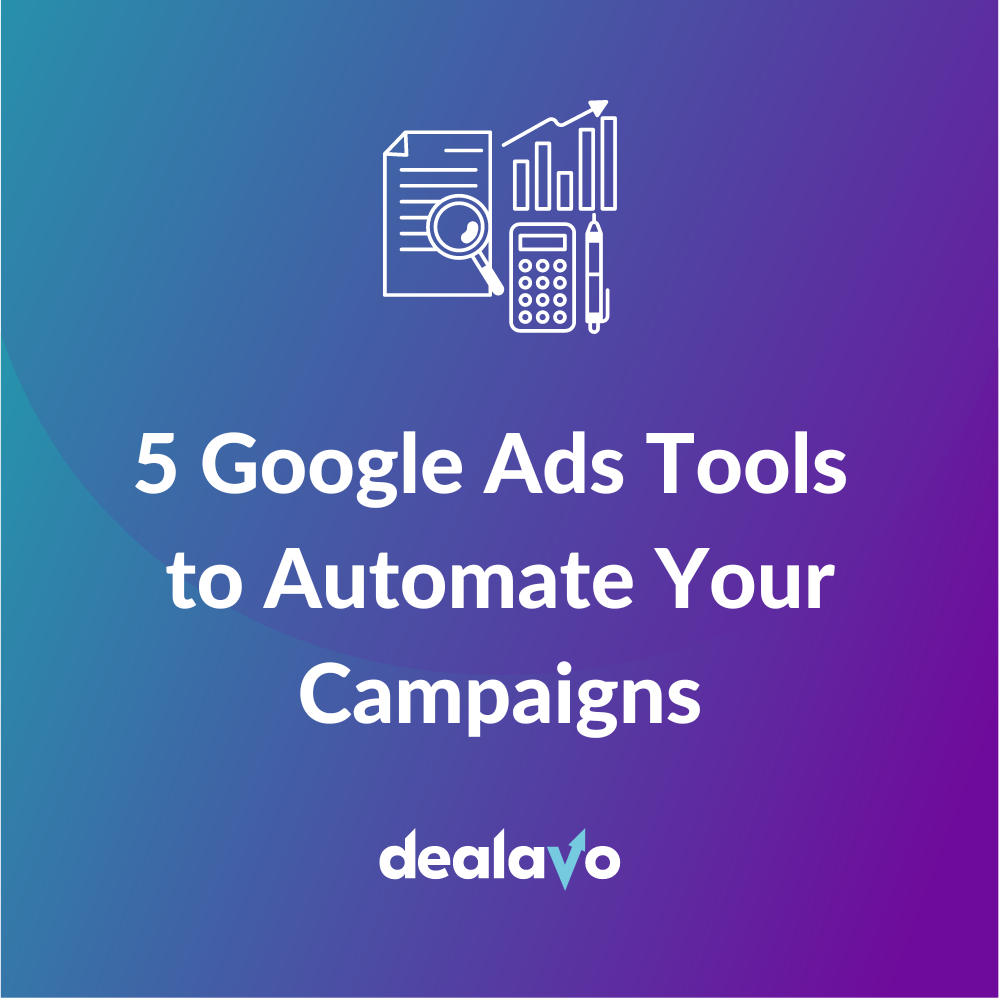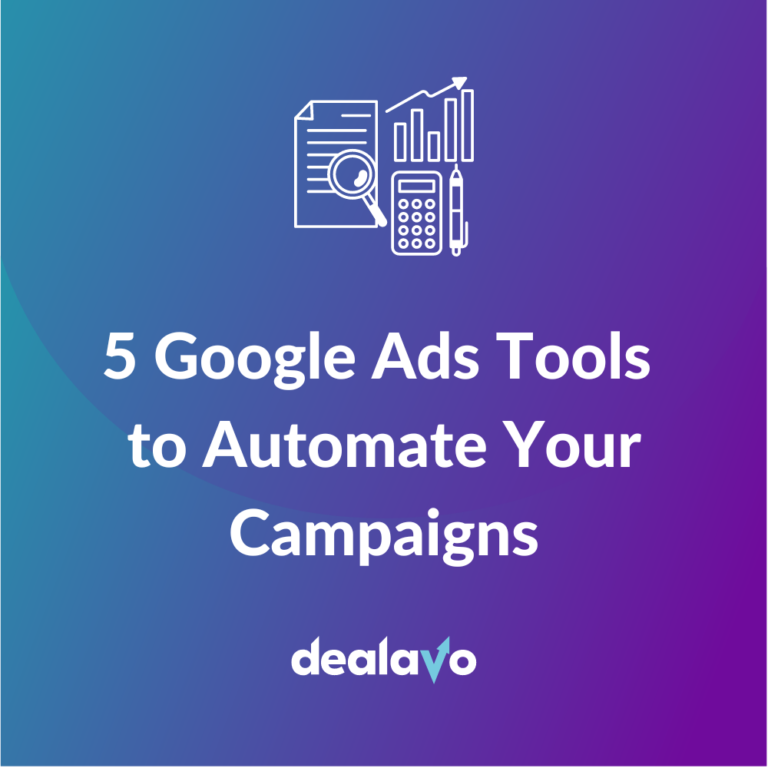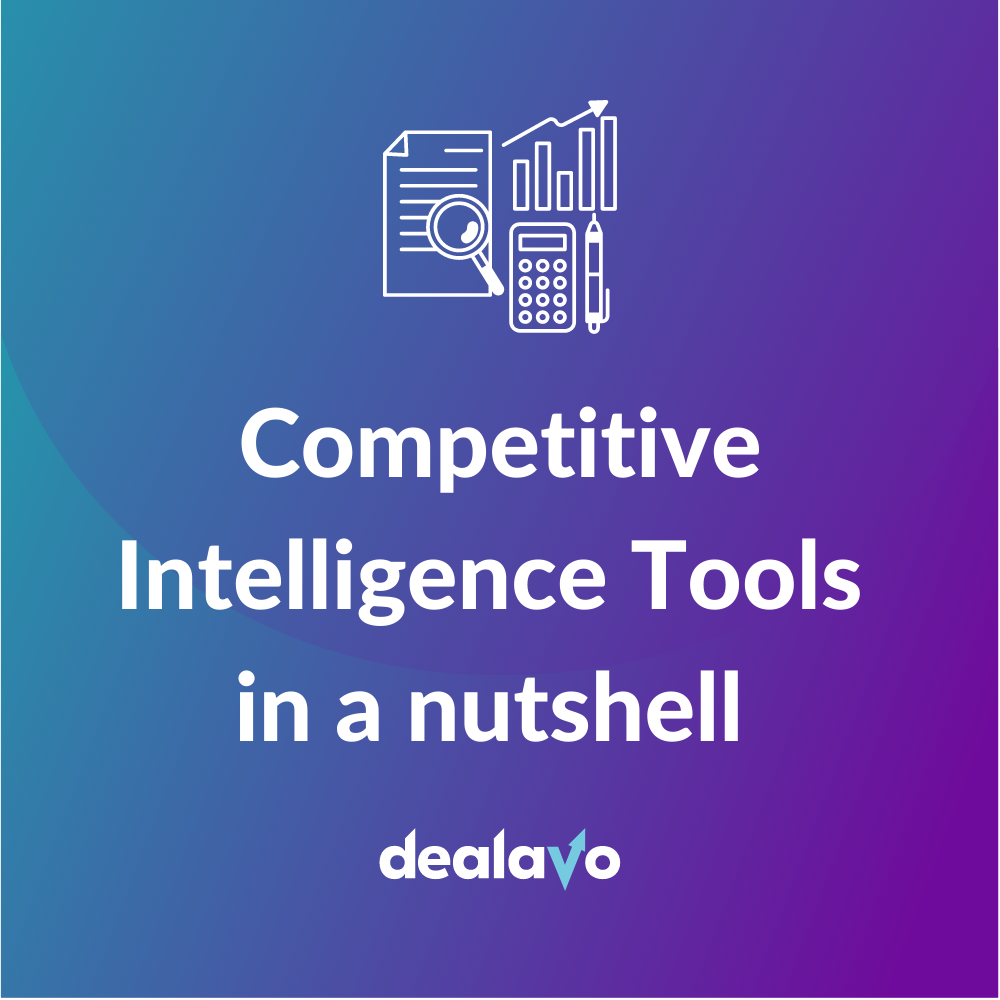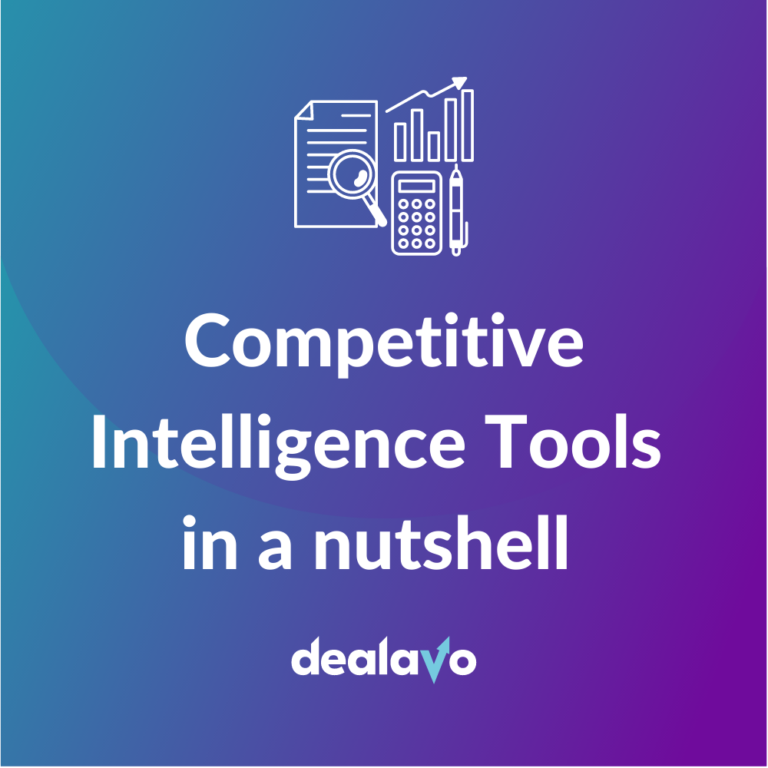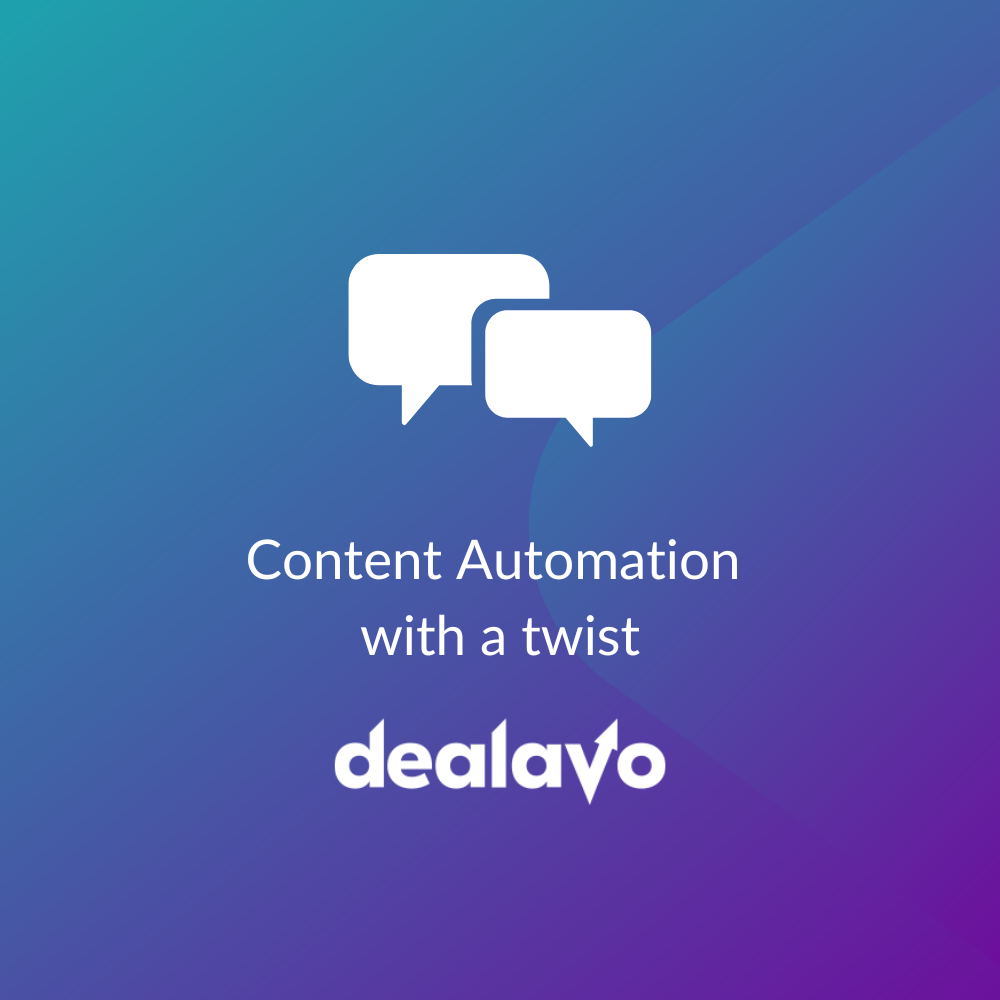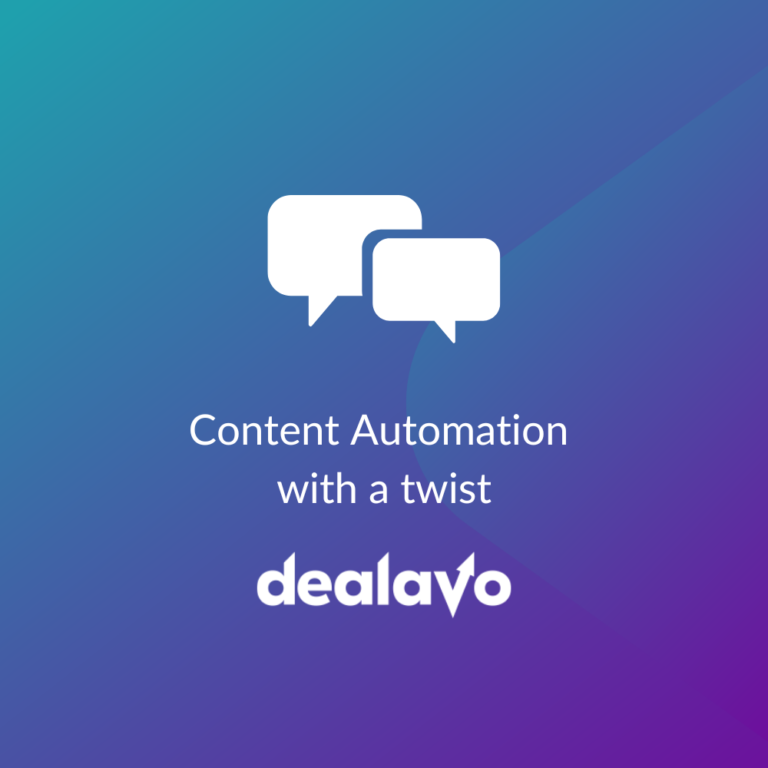E-commerce in the age of AI: Sales Automation Guide
- 14 April 2023
Artificial Intelligence is not only a trendy buzzword on everyone’s lips lately but – above all – an effective solution for many industries, including e-commerce. How can you use this fascinating technology to grow sales?
With AI-driven technologies, you can achieve much more efficient and successful e-commerce sales. In this post, we’ll look at the five areas that gain the most from AI: Automation, personalization, optimization, marketing, and security.
The potential is enormous and worth exploring, so let’s check out what AI can do for your e-commerce business.
Artificial Intelligence in Business
Artificial intelligence is not a new invention, and already in 2017, 20% of respondents to a survey conducted by McKinsey&Company were using such solutions. Since then, not only has the number of positive responses increased (56% in 2021 and 50% in 2022), but also the level of sophistication of AI tools.
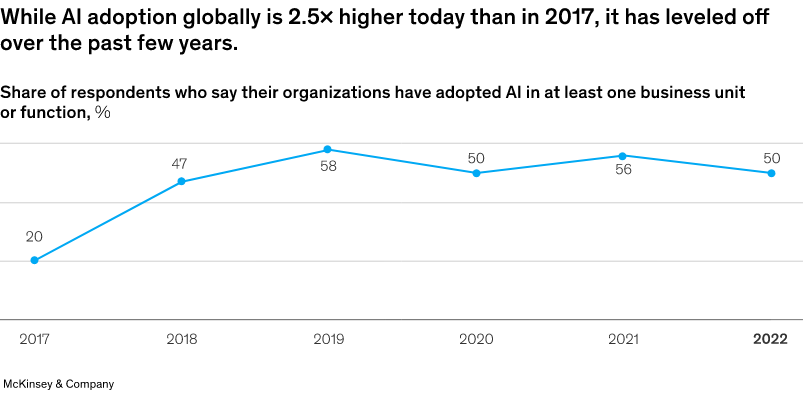
Today, almost every business area can be improved through AI tools. No matter the type of service or the company’s size.
Artificial intelligence is already being used in the following sectors:
- Banking
- Sales
- Marketing
- HR
- Logistics
And this is just the tip of the iceberg. How can online merchants benefit from AI?
Machine Learning
Before getting into the specific areas mentioned in the introduction, it’s worth looking at how artificial intelligence works. The most advanced solutions are based on machine learning, a process of improvement based on the information provided to the algorithm.
Thus, AI is getting better every day. Programming artificial intelligence requires a deep understanding of the problem, and the algorithm must have enough information to adapt effectively.
Therefore, it’s essential to identify all possible environment features so the algorithm can make decisions and generate correct answers. Naturally, AI tools work correctly from the beginning, but systematic use improves their effects.
As a result, different areas of e-business require various tools. Some are good for sales process automation, others for marketing. What should you pick? Have a look at the list below.

Automation
In fact, most AI tools automate sales, advertising, or customer service processes. What does it mean? It shifts some responsibilities to the software so employees can handle more complex tasks.
Bots are an ideal example – chatbots and voicebots can answer routine questions from potential customers. Of course, the possibilities are much more significant, as bots can also recommend products or guide users through certain forms.
Another example of AI automating tasks is data analysis (e.g., user’s purchase history or preferences), which can be used to improve customer service and make better marketing decisions. AI can also automate mundane tasks and improve efficiency on a daily basis.
As you can see, there are plenty of opportunities for AI to make business easier and save us time.
Personalization
Every internet user is “bombarded” daily by dozens of advertisements for products and services. The key to standing out is personalization, which makes it easier to reach customers and present an offer that best fits their needs.
Again, AI is a great tool that can be used for personalization. Modern solutions make it possible to create ads tailored to specific target groups and accelerate customer behavior analysis.
Personalization also has another side: the more individual message to the user. This makes generating interest much easier, increasing communication effectiveness, and building positive customer relationships.
AI can help you better understand your audience’s needs, leading to better offers and more sales. A classic win-win situation for everyone.
Optimization
Selling online is a constant process of refining and improving your offerings to meet your customers’ expectations best. In doing so, you must remember what you want to make: profit. And that is where artificial intelligence tools come to the rescue.
The best illustration of optimization is a real-world example:
Google Ads campaigns are one of the most popular forms of advertising. No wonder since Google Shopping is the ideal place to present your offer to a broad audience. Unfortunately, a lot of sellers do a very ineffective job of promotion. Why ineffective?
Although Google campaigns are based on the principle of cost-per-click (CPC), many sellers advertise products at unattractive prices, and as you know, price is one of the most critical determinants of purchase.
With tools like ROAS Booster, it’s possible to analyze prices in comparison to competitors and select the products that will be most attractive from the consumer’s point of view. Importantly, AI “remembers” its customers by caring for their margins. After all, the name says it all, and ROAS Booster helps significantly increase return on investment.
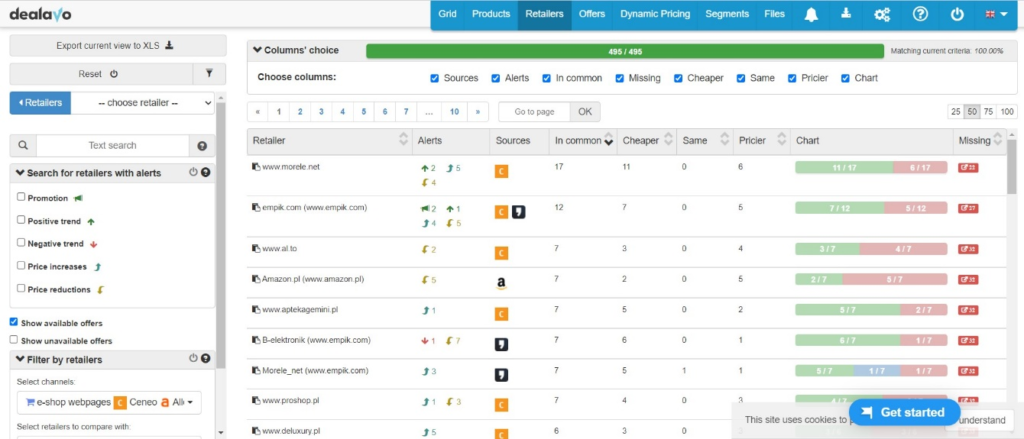
Marketing
Successful online selling is based on marketing. And this is where AI can prove to be a handy tool. With the help of modern AI solutions, you can plan promotional activities across different communication channels (e.g., social media, Google Ads campaigns, newsletters) more effectively. You can also better define your target audience and analyze data faster and more accurately.
And marketing doesn’t just mean advertising; it also includes website positioning (SEO), content, and social media relations. With artificial intelligence, you can quickly prepare descriptions for an online store, create a scenario for a marketing campaign, or determine the mood of your potential clients.
And while AI won’t replace creativity and ingenuity, it can greatly improve efficiency. And it can certainly make it easier to analyze data from multiple sources.
Security
As the internet evolves, it brings new opportunities. But it also brings new threats. Fortunately, artificial intelligence can help here as well.
With artificial intelligence, it’s possible to build security systems that can detect and block malicious activity on the internet. This is particularly useful in banking but also in the e-commerce sector – after all, online stores can get hacked too.
AI makes it possible to create systems that identify and block suspicious transactions or activity, such as unusual account logins or dubious IP addresses. AI can also make it easier to control access to sensitive information.
Implementing such capabilities significantly improves the cybersecurity of businesses and their customers.
Wrapping up
Artificial intelligence will create a new reality that will require some acclimation. However, modern tools can significantly improve the functioning of e-commerce businesses. But it’s worthwhile to befriend them now.
It doesn’t really matter what your business size or the industry you operate in because AI tools are universal and can be easily adapted to your needs. A perfect example is the ROAS Booster mentioned above, which can be customized for your products and services. All you have to do is implement the solution (install the system and choose the products to promote), and after just three weeks, you’ll see a significant increase in your ROAS.
But the best way is to see it in person. Now you have the opportunity to look at this tool’s demo version.
Click here and see how AI can improve your business results!
